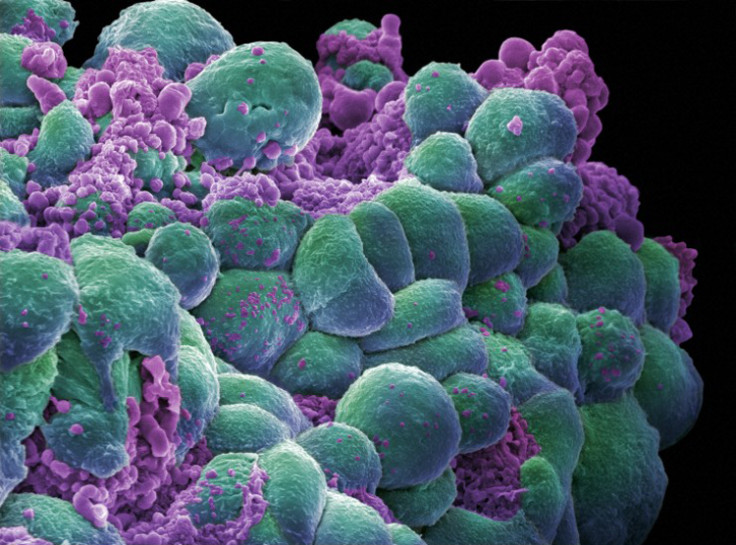Many cancers caused by bad luck, not defective genes or bad lifestyle habits

US scientists from the Johns Hopkins University School of Medicine have concluded that most cancers are actually caused by plain bad luck rather than genetics or poor lifestyle habits.
The researchers studied the causes of 31 adult cancers and discovered that chance DNA mutations occurring when stem cells divide were to blame for 22 cancers.
Environmental factors, defective inherited genes and poor habits like smoking, drinking and too much exposure to the sun were only linked to nine cancers.
The researchers created a statistical model to measure the incidences of cancer across many tissue types that were caused by DNA mutations, and compared their data to lifetime incidences of cancer found in the same types of tissues.
Their findings, entitled "Variation in cancer risk among tissues can be explained by the number of stem cell divisions" have been published in the latest issue of Science.
"All cancers are caused by a combination of bad luck, the environment and heredity, and we've created a model that may help quantify how much of these three factors contribute to cancer development," said Bert Vogelstein, MD, a Clayton Professor of Oncology at the Johns Hopkins University School of Medicine who led the study.
"Cancer-free longevity in people exposed to cancer-causing agents, such as tobacco, is often attributed to their 'good genes,' but the truth is that most of them simply had good luck."
The research shows a high correlation between the change in the number of stem cell divisions in a tissue type and the change in the incidence of cancer developing in the same type of tissue, for example in colon tissue, which undergoes four times more stem cell divisions than tissue in the small intestine.
While it could be argued that cancer is more prevalent in the colon rather than the small intestine as the colon is exposed to more environmental factors than the small intestine, the researchers looked at mice and found that the reverse is true – whereby cancer is more common in the small intestine rather than in the colon.
"We found that the types of cancer that had higher risk than predicted by the number of stem cell divisions were precisely the ones you'd expect, including lung cancer, which is linked to smoking, skin cancer, linked to sun exposure, and forms of cancers associated with hereditary syndromes," said Vogelstein.
"This study shows that you can add to your risk of getting cancers by smoking or other poor lifestyle factors. However, many forms of cancer are due largely to the bad luck of acquiring a mutation in a cancer driver gene regardless of lifestyle and heredity factors."
The researchers say that the best way to eradicate these cancers would be through early detection, when the cancer cells can still be removed by surgery before they spread.
Their message ties in with a controversial claim by Professor Mel Greaves, the director of the Centre for Evolution and Cancer at The Institute of Cancer Research, who said in August that most cancers cannot be cured, so scientists should give up trying and focus instead on prevention.
© Copyright IBTimes 2025. All rights reserved.






















